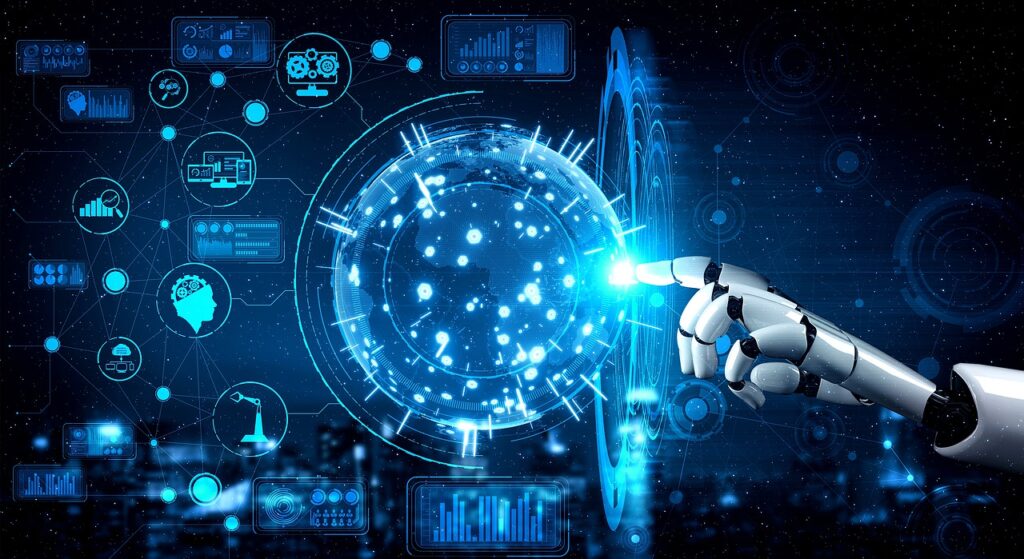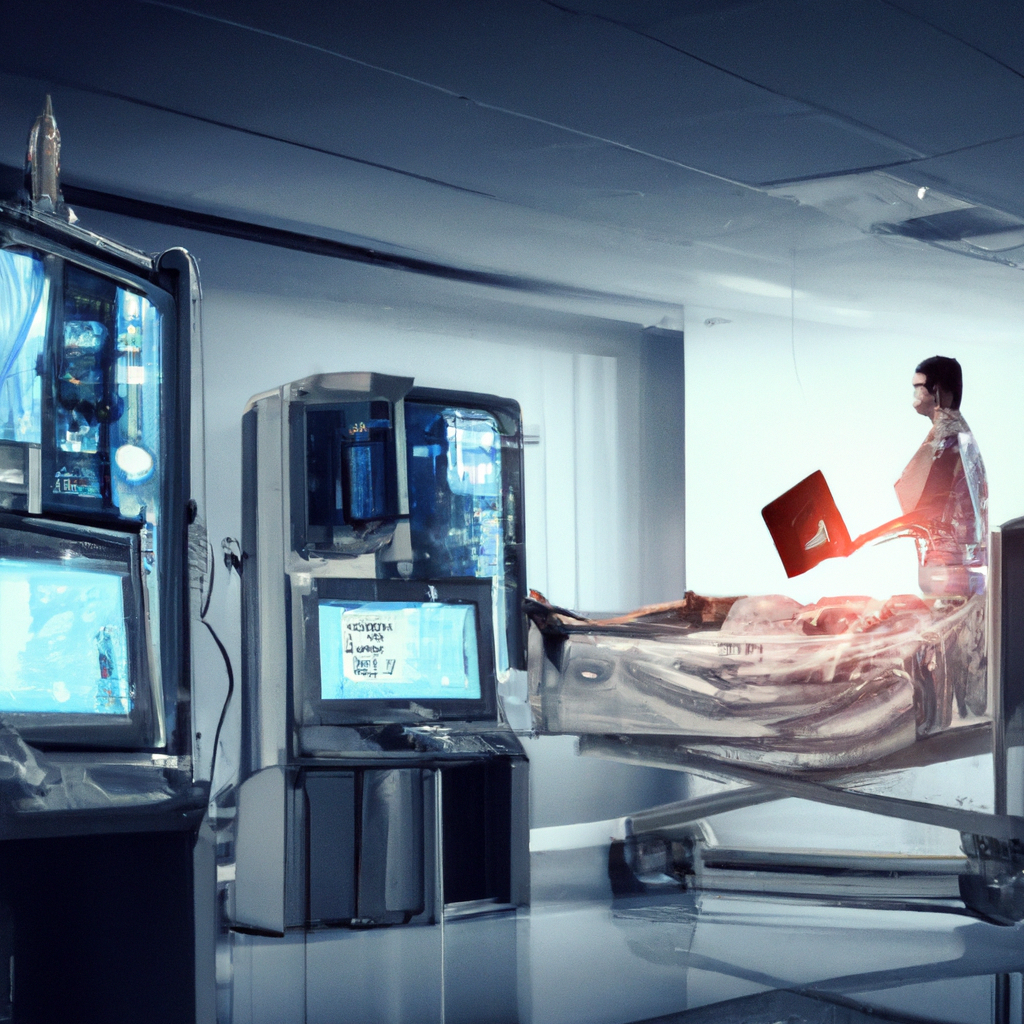Artificial intelligence (AI) has been making waves in various industries in recent years, including healthcare, education, disaster response, environmental protection, and social justice. AI has the potential to revolutionize these industries and promote social good. With machine learning and big data analytics, AI can provide insights and solutions that were previously impossible, leading to more efficient and effective solutions. In this article, we will take a comprehensive overview of advancements in AI for social good.

AI for healthcare:
Revolutionizing patient care-
AI is transforming healthcare by providing personalized treatment plans, improving medical diagnoses, and streamlining hospital workflows. With AI, doctors can analyze a patient’s medical history and quickly identify potential health risks. AI algorithms can also predict the likelihood of heart disease, diabetes, and other chronic illnesses. Furthermore, AI-powered chatbots can provide patients with medical advice and support, reducing the workload of healthcare providers.
One application of AI in healthcare is in radiology, where AI algorithms can identify abnormalities in medical images with a high degree of accuracy. AI can also help detect early signs of Alzheimer’s by analyzing speech patterns and facial expressions. Additionally, AI can predict which patients are at risk of developing sepsis, a potentially fatal blood infection, and alert healthcare providers to intervene early.

AI for education:
Enhancing learning outcomes for all-
AI is transforming education by creating personalized learning experiences for students, tracking student progress, and providing teachers with insights to improve their teaching. AI algorithms can analyze student data and provide recommendations on how to adapt the curriculum to meet the needs of individual students. Furthermore, AI-powered chatbots can provide students with 24/7 support, answering questions and providing feedback.
One application of AI in education is in language learning, where AI algorithms can assess a student’s pronunciation and provide feedback on how to improve. AI can also help students with special needs by providing them with customized learning experiences that are tailored to their specific needs. Additionally, AI can help schools identify which students are at risk of dropping out and provide support to prevent this from happening.

AI for disaster response:
Saving lives in times of crisis-
AI is transforming disaster response by providing real-time data analysis, predicting the impact of disasters, and identifying the most effective response strategies. With AI, disaster response teams can quickly identify areas that are most in need of assistance and allocate resources accordingly. Furthermore, AI-powered drones can provide real-time data on the extent of damage and assist in search and rescue operations.
One application of AI in disaster response is in predicting the impact of hurricanes, earthquakes, and other natural disasters. AI algorithms can analyze data from satellites, sensors, and other sources to predict the path of a storm and estimate the potential damage. AI can also help identify areas that are most at risk of flooding and provide early warning systems to residents.
AI for environmental protection:
Mitigating climate change-
AI is transforming environmental protection by providing real-time data analysis, predicting the impact of climate change, and identifying the most effective mitigation strategies. With AI, environmental researchers can quickly identify areas that are most at risk of environmental damage and allocate resources accordingly. Furthermore, AI-powered sensors can provide real-time data on air and water quality and assist in monitoring the health of ecosystems.
One application of AI in environmental protection is in predicting the impact of climate change on wildlife and ecosystems. AI algorithms can analyze data from satellites, sensors, and other sources to predict how climate change will affect different ecosystems. AI can also help identify areas that are most at risk of deforestation and provide early warning systems to prevent this from happening.

AI for social justice:
Addressing inequality and bias-
AI is transforming social justice by identifying and addressing biases in algorithms, reducing inequality, and promoting diversity and inclusion. With AI, researchers can identify biases in algorithms that may perpetuate inequality and work to develop solutions to address these issues. Furthermore, AI-powered chatbots can provide support to marginalized communities, helping them to access information and resources.
One application of AI in social justice is in reducing bias in hiring and recruitment. AI algorithms can analyze job descriptions and identify language that may discourage certain groups from applying. AI can also identify which recruitment channels are most effective at reaching diverse candidates and provide recommendations for improving diversity and inclusion in the workplace.
The Future of AI for social good:
AI has the potential to revolutionize many industries and promote social good. However, as with any technology, there are also concerns about the potential negative impacts of AI. It is important that we continue to monitor the development of AI and work to address any issues that may arise. With careful planning and development, AI can be a powerful tool for promoting social good and improving the lives of people around the world.
Frequently asked questions
What is AI for social good?
How has AI impacted healthcare?
How can AI be used for environmental conservation?
What are some ethical considerations in AI for social good?
What are some examples of AI for social good?
What is the role of AI in disaster response?
How can AI improve education?
What is the future of AI for social good?
Question not answered above? Contact us
